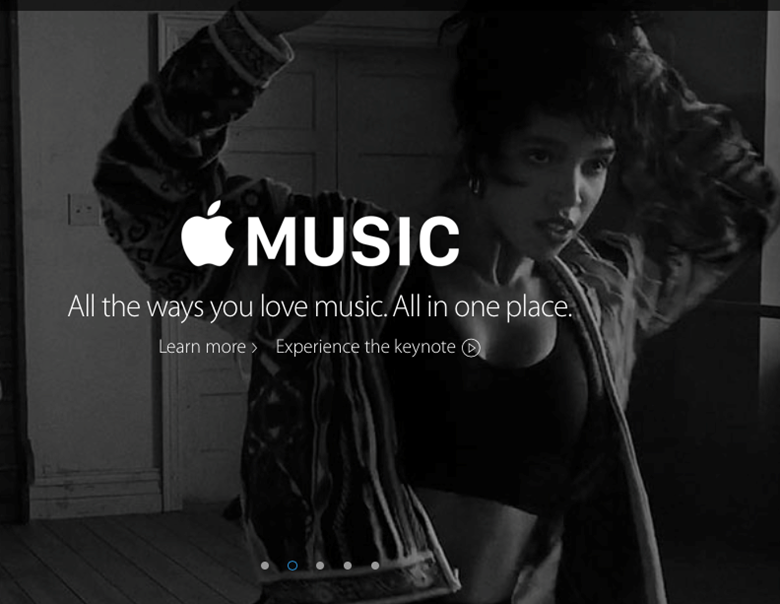Apple launches streaming service
Martin Cullingford
Monday, June 8, 2015
A subscription service offers millions of tracks for a monthly price on a level with Spotify

Register now to continue reading
Thanks for exploring the Gramophone website. Sign up for a free account today to enjoy the following benefits:
- Free access to 3 subscriber-only articles per month
- Unlimited access to our news, podcasts and awards pages
- Free weekly email newsletter







